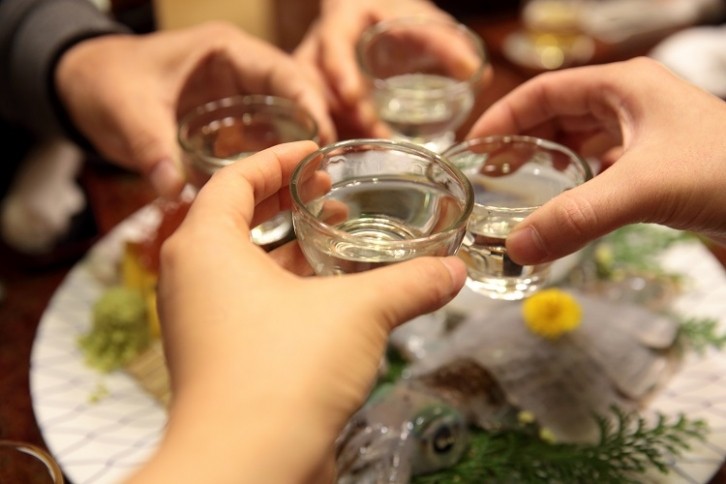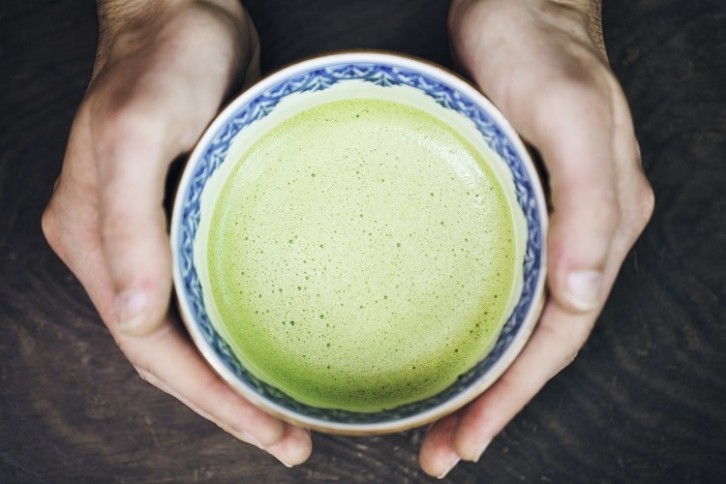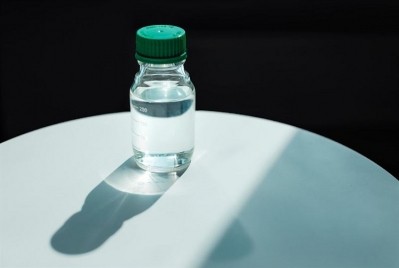The appeal of Japanese drinks to consumers in the UK and North America

According to speakers at the event, which was held in Japan House, Japanese sake has long been seen by the UK consumer as a niche product, something many people only have with seafood. However, brewmaster Miho Imada argued that it could take on the same role as wine for British consumers – something to have with everything.
Meanwhile, in North America, one company, Domatcha, develops the only version of decaf Japanese matcha currently sold in North America. According to its founder, John Harrison, the innovation comes at a time where more and more North Americans are consuming decaf drinks and matcha tea alike.
Wine or sake?
Expected to gain UNESCO Intangible Cultural Heritage in 2024, sake is seen as an integral part of Japanese culture. However, in the UK, 90% of sake is consumed in restaurants.
In Japan House in Kensington, London, industry insiders stressed the flexibility of sake, and its potential as a drink with a wide range of uses.
“I believe that we can produce Japanese sake that can compete with red wine,” said Miho Imada, a sake brewmaster based in Hiroshima and President of Imada Saké Brewery Co Ltd, who was included in the BBC’s 100 Women List of 2020, “and I would like to pursue this.”
“Sake is an incredibly food-friendly beverage,” added UK wine writer Abbie Molten. “It has that delicacy but also those umami notes.”
She also predicted an increasing consumer interest in sake in the UK. “We're seeing there's a real thirst for discovery, and people do want to know a little bit about a lot of things. Sake, with so many different regions and so many different production styles, really opens up a world for people to explore.”
“At the moment, sake has a good presence in Asian restaurants in the UK, but we have the opportunity to further expand into the UK market by tapping into the off-trade sector and increasing our marketing efforts here,” said Masumi Nakano, Vice President of the Association for the Preservation Society of Japanese Koji-based Sake Making Craftsmanship.
“Year-on-year sales of sake in Japan have increased for 13 years in a row, including during the pandemic, but we’re still in the early stages of exporting our national drink to wider markets. “
A new kind of matcha
Like sake, matcha was once a relatively obscure product outside of Japan. But with innovations like the introduction of decaffeinated matcha, the drink is being made more accessible to a wider range of markets.

It is difficult to separate the caffeine in matcha tea without disrupting the caffeine molecules, which have a delicate structure. Domatcha, who in 2016 developed decaf matcha, are still the only brand outside of Japan who sell it.
“Removing caffeine from any food ingredient is a complex process,” John Harrison, CEO & Founder of Domatcha, told FoodNavigator. “There are several methods but only two or three that do not use solvents. This is the case with Domatcha, which uses a water-based extraction process.”
The task of producing decaf matcha was not easy, Harrison told us. “We teamed up with a well-regarded tea grower, procurer and blender in Japan to develop this method. This took more than four years. We have exclusive rights to sell Master’s Decaf in North America.”
While, according to research from marketing firm Kantar, caffeinated drinks in Europe continue to grow in popularity, in North America, where Domatcha operates, consumers are, according to Harrison, looking for something a little bit different.
“Many consumers are looking for an alternative to regular coffee,” Harrison told us. “Decaf coffee use is on the rise as is decaf matcha.”
Updated 9th November as extraction process for decaffeinated matcha uses water, not CO2






